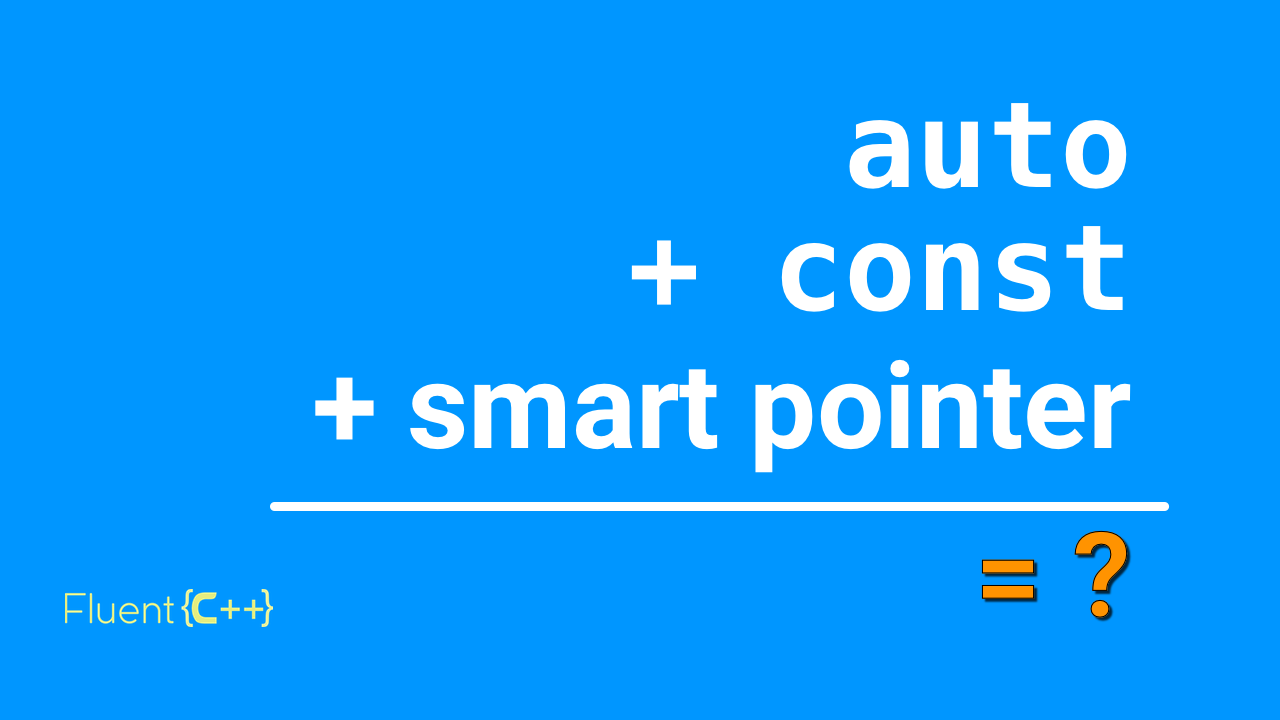Combining Ranges and Smart Output Iterators
In our current stage of development of smart output iterators, we have: some iterators, such as filter, transform, unzip or demux, the possibility to combine them: filter(pred) >>= transform(f) >>= unzip(back_inserter(output1), back_inserter(output2)) their usage as the output iterator of an STL algorithm: std::copy(begin(inputs), end(inputs), transform(f) >>= back_inserter(outputs)); What we’re going to work on today […]


